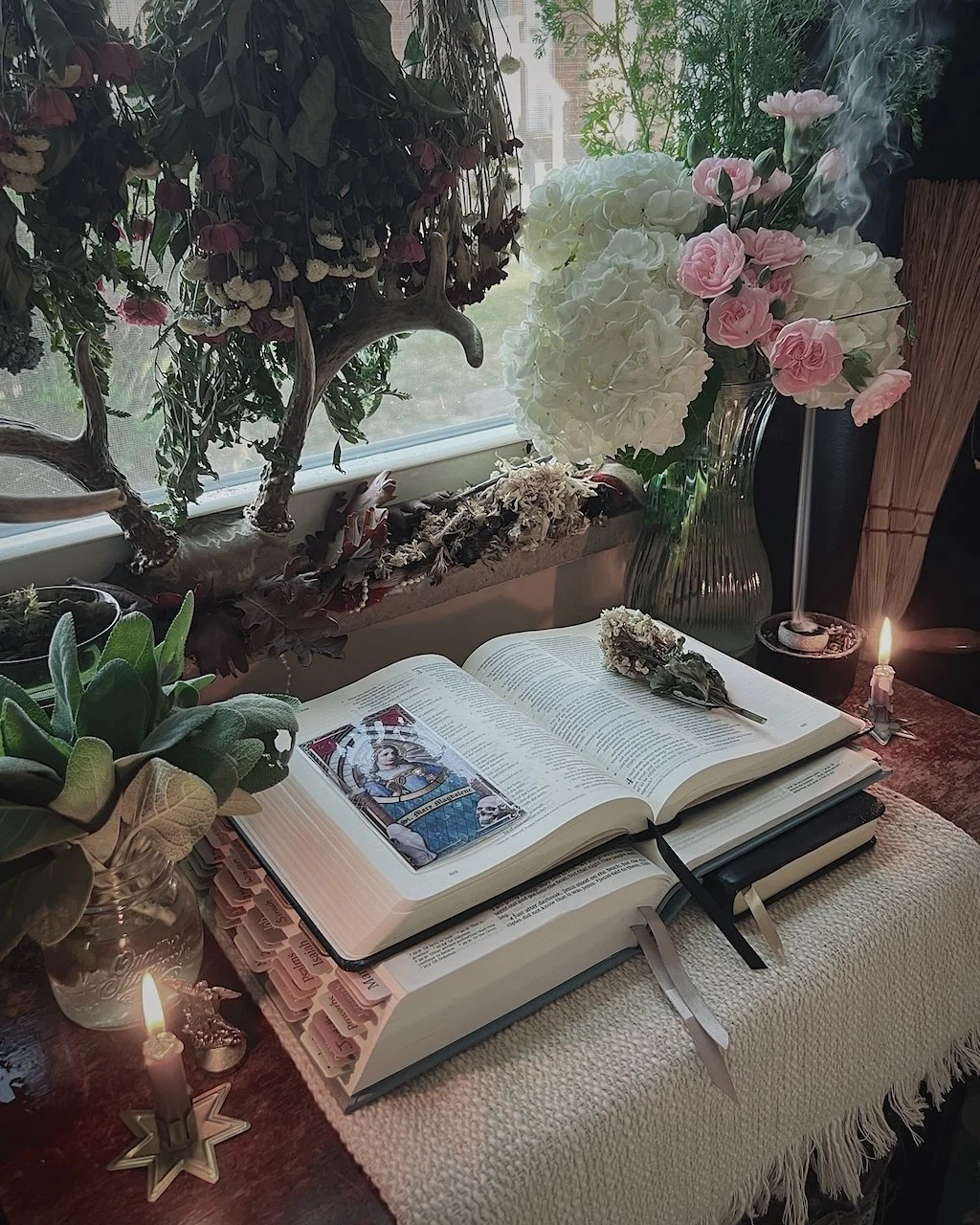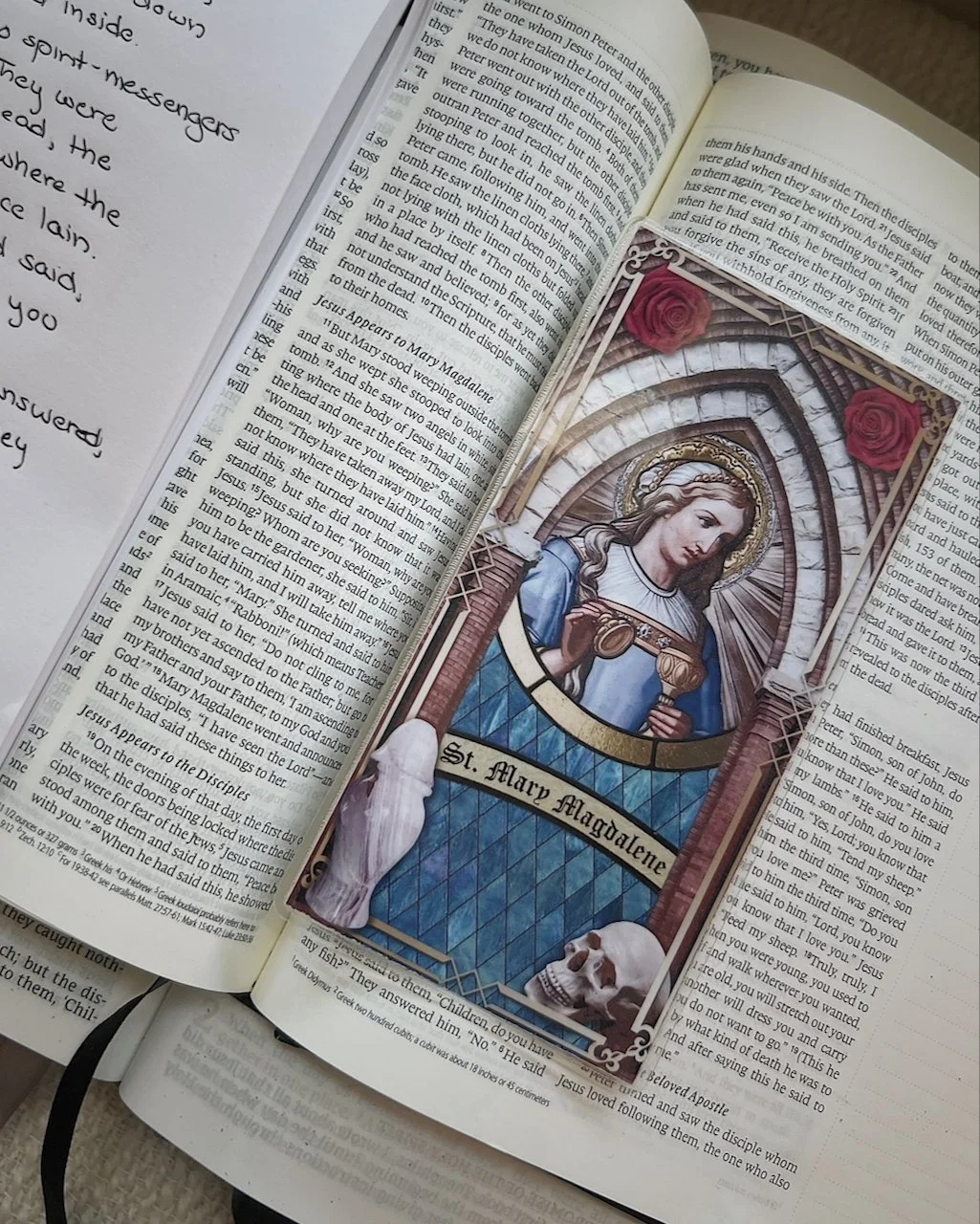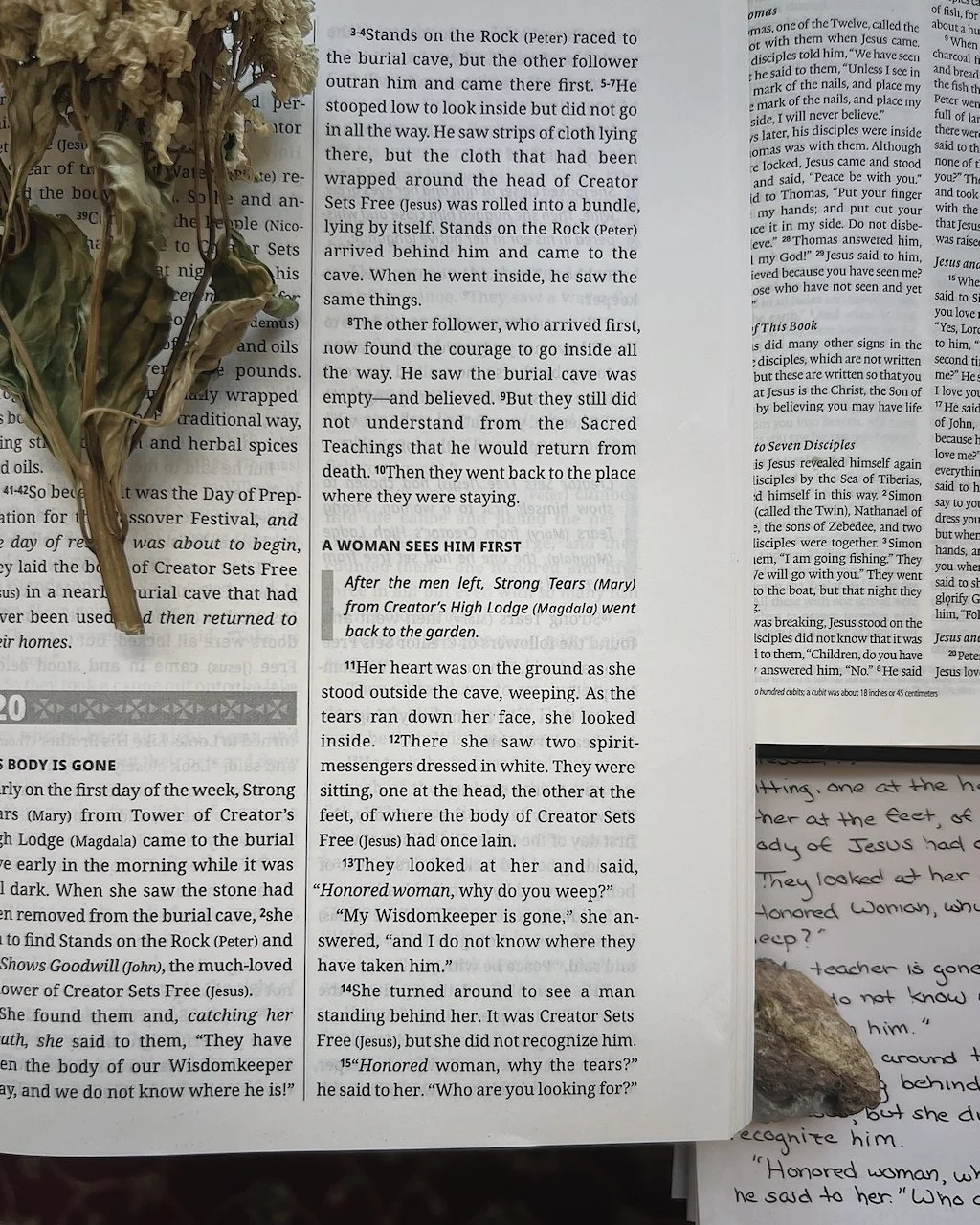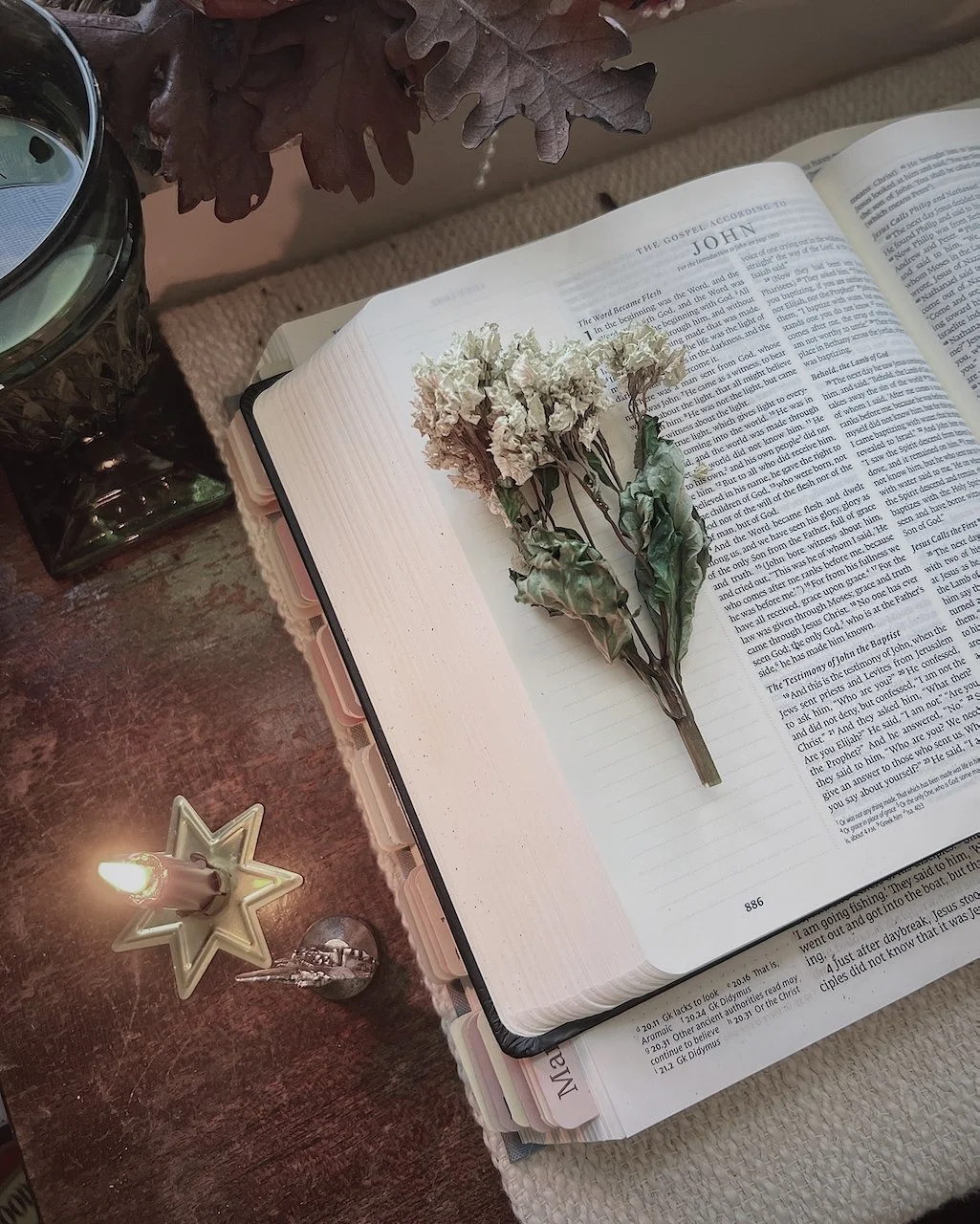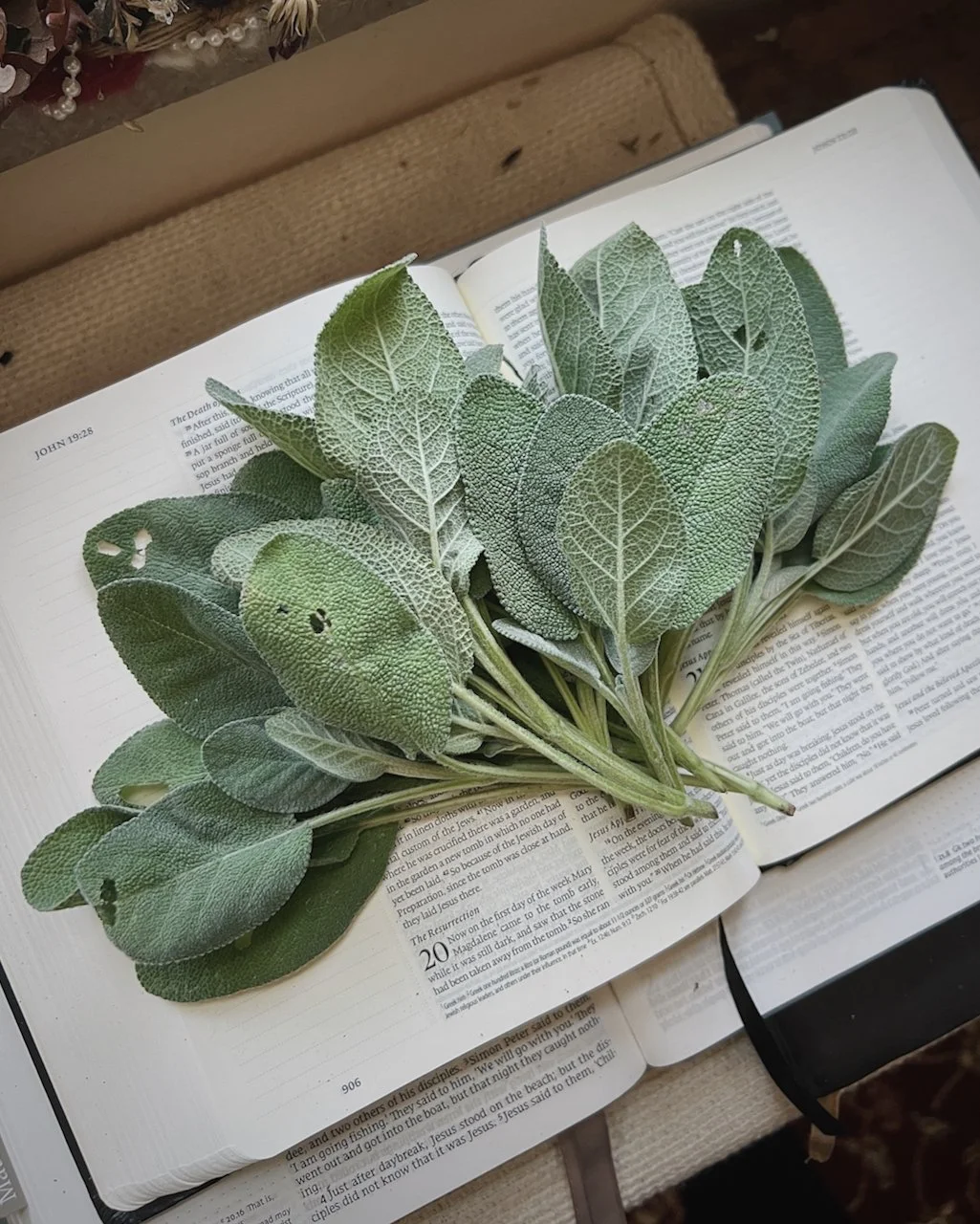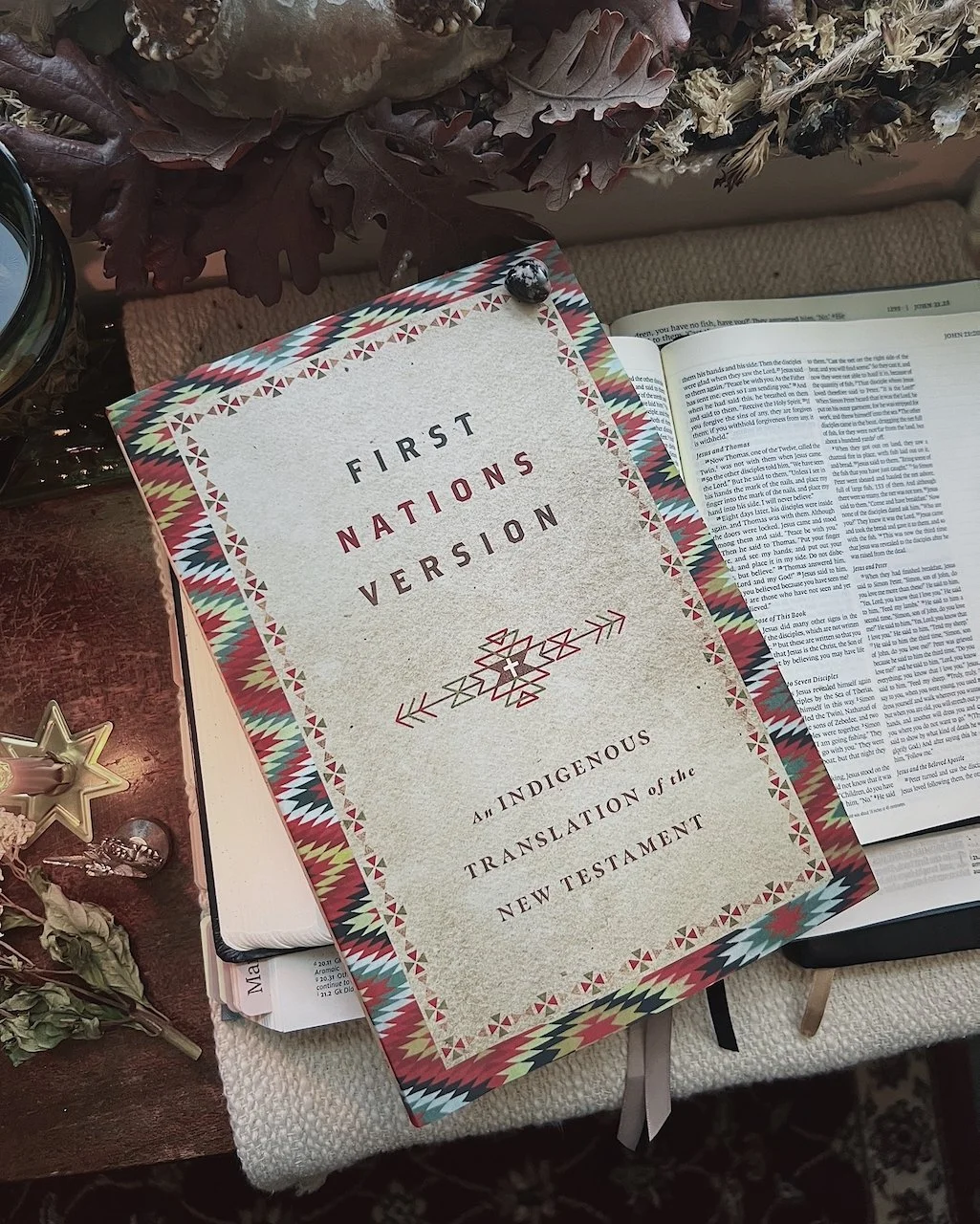July devotions
Since my July devotions center around Mary Magdalene’s feast on the 22nd, I wanted to share the Bible translations I reference when working with the text.
In Appalachian folk magic, it’s common to see the King James Version in workings. This has a lot to do with tradition, though the language is often pointed to as being more poetic, which can add to a ritual. I don’t prefer the KJV for several reasons and think there are better options for poetic language (example below), but when preparing a verse, I usually start with what’s familiar.
While I grew up in the Orthodox church and took part in weekly services, I was also required to attend Catholic mass by my parochial school. The result was exposure to the different interpretations of scripture (which was probably beneficial for discernment).
The Orthodox Church officially utilized the Septuagint, the Greek Old Testament, and explanations came from our superiors. In Catholic service, we were made to be familiar with the New American Bible (among others), which is more approachable. Later, I was pointed to the ESV for accuracy.
But more recently, when comparing translations, I like to include the First Nations Version, a thought-for-thought that breathes life back into the text. To compare one of my favorite verses (I’ll explain more when I share the ritual, but I’ve always loved it due to how human the moment feels):
John 20:11&15
ESV: But Mary stood weeping outside the tomb. As she wept, she bent over to look into the tomb; [...] Jesus said to her, “Woman, why are you weeping? Whom are you looking for?” Supposing him to be the gardener, she said to him, “Sir, if you have carried him away, tell me where you have laid him, and I will take him away.” Jesus said to her, “Mary!”
First Nations: Her heart was on the ground as she stood outside the cave, weeping. As the tears ran down her face, she looked inside. [...] “Honored woman, why the tears?” he said to her. “Who are you looking for?” She thought he was the keeper of the garden, so she said, “If you have carried him away, tell me where, and I will find him.” “Mary,” he said to her in a soft voice.

